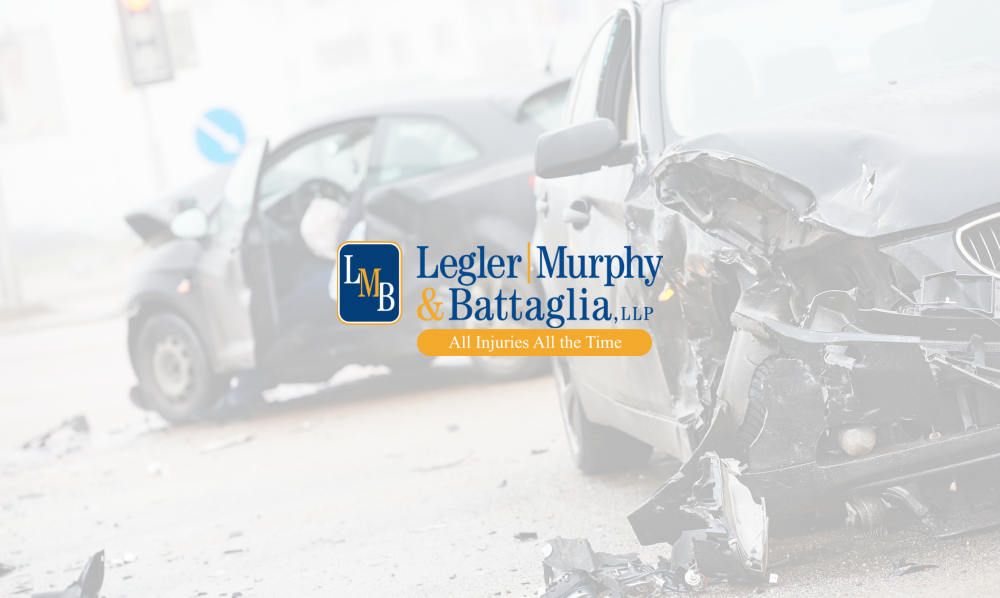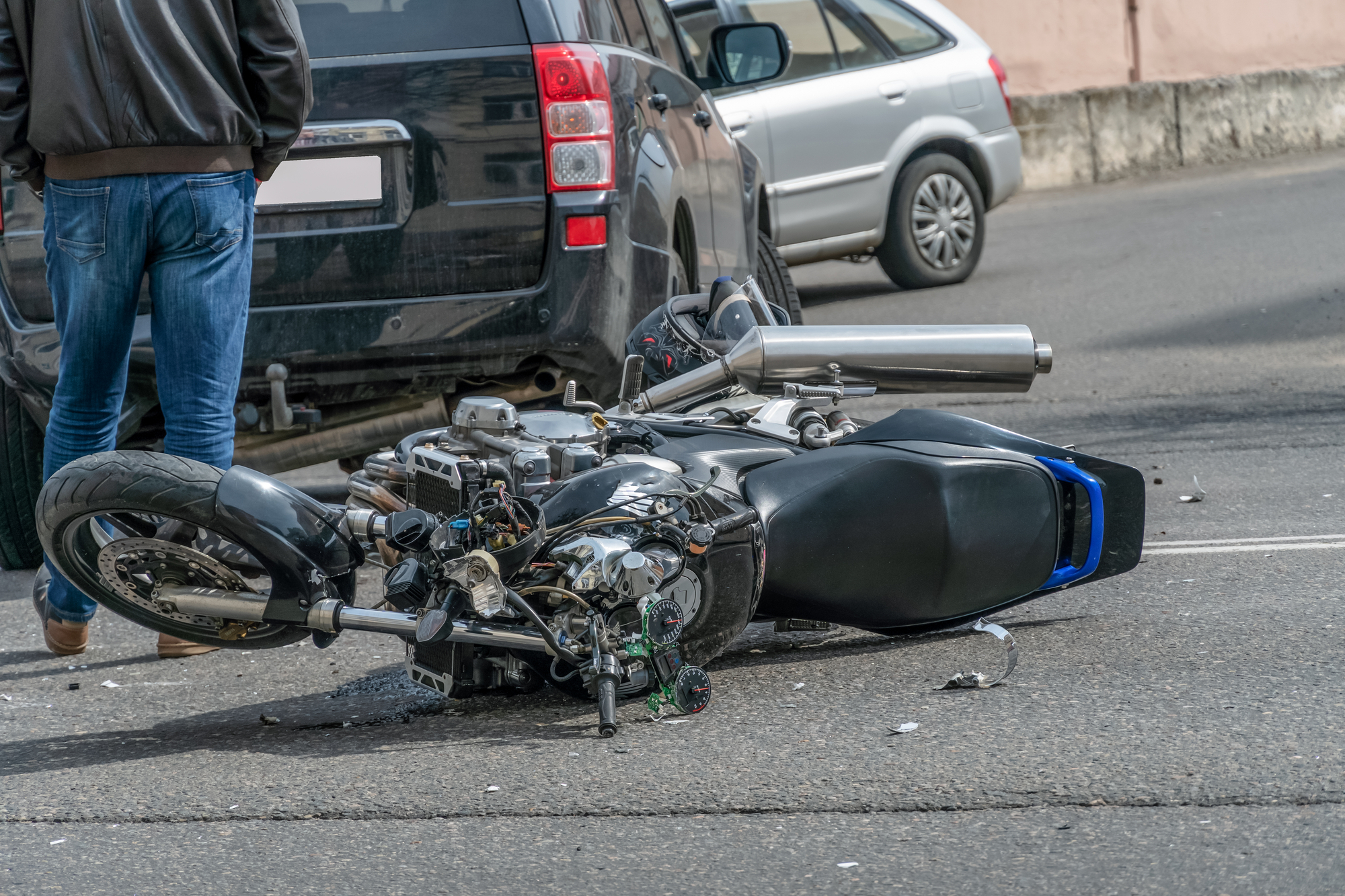You just tested positive for COVID-19 and believe you contracted the virus through work, what is the likelihood of proving your claim? The COVID-19 pandemic has placed the world in unchartered territory including it’s effect on workers’ compensation benefits in Florida.
There are several factors that come into play when determining whether a COVID-19 case will be accepted as compensable. Each case should be examined on a case-by-case basis. From a legal standpoint, the argument for compensability of COVID-19 claims falls under two legal theories. The first is Florida Statutes section 440.02(1), which defines what constitutes an “accident” under Chapter 440. This section provides that “an injury or disease caused by exposure to a toxic substance…is not an injury by accident arising out of employment unless there is clear and convincing evidence establishing that exposure to the specific substance involved, at the level to which the employee was exposed, can cause injury or disease sustained to all employees.”
Section 440.02(1) requires proof by clear and convincing evidence, as opposed to the lesser preponderance of the evidence standard. This higher standard of proof requires evidence of more than just merely logical, or in other words must be proven by more that speculation or conjecture. The problem with proving by clear and convincing evidence is that is it widely known that the virus can be contracted just about anywhere including grocery stores, restaurants, gyms and social gatherings. Accordingly, to prove compensability, an employee must provide expert medical testimony that clearly and convincingly establishes prolonged exposure to the virus, the cumulative effect of which made the employee contract the virus as a result of exposure greater than that of the general public. It appears to be almost impossible to meet the heightened standard of proof.
The second theory of compensability is the occupational disease provision of 440.151. Section 440.151 provides that an occupational disease is compensable if:
1. There is a condition that is peculiar to the occupation that causes the disease;
2. The employee contracts the disease during employment in the occupation;
3. The occupation presents a particular hazard of the disease;
4. The incidence of ordinary diseases of life is substantially higher in the occupation than in the public; and
5. There are epidemiological studies showing that exposure to the specific substance involved, at the levels to which the employee was exposed, may cause the precise disease sustained by the employee.
Here we are obviously talking about frontline health care workers that have been specifically and knowingly exposed to individuals who have contracted the virus. The Centers for Disease Control and Prevention has already indicated that those health care workers are at a higher risk to contract COVID-19 than the general public. Nevertheless, both causation and sufficient exposure must again be proven by clear and convincing evidence.
The State of Florida has already sent a strong message to workers’ compensation carriers and businesses. The Florida Office of Insurance Regulation issued Informational Memorandum OIR-20-05M. Section 440.09 requires an employer to provide workers’ compensation coverage if the employee suffers a compensable injury arising out of work performed in the course and scope of employment. First responders, health care workers, and others that contract COVID-19 due to work-related exposure would be eligible for workers’ compensation benefits under Florida law. See Sec. 440.151, Florida Statutes.



